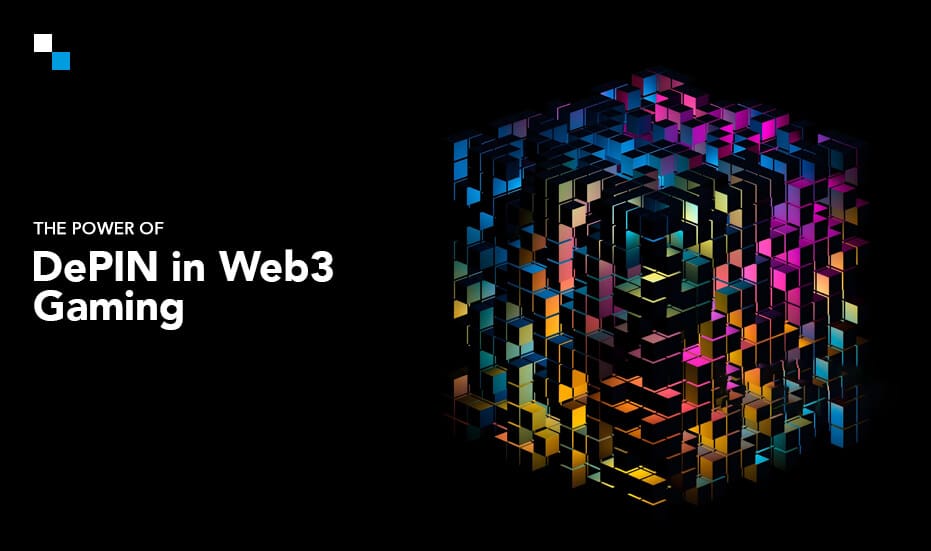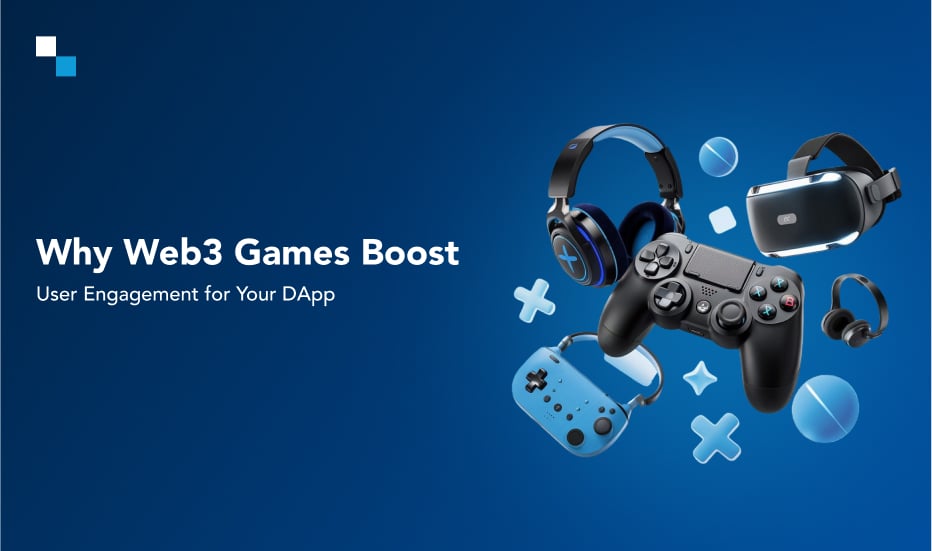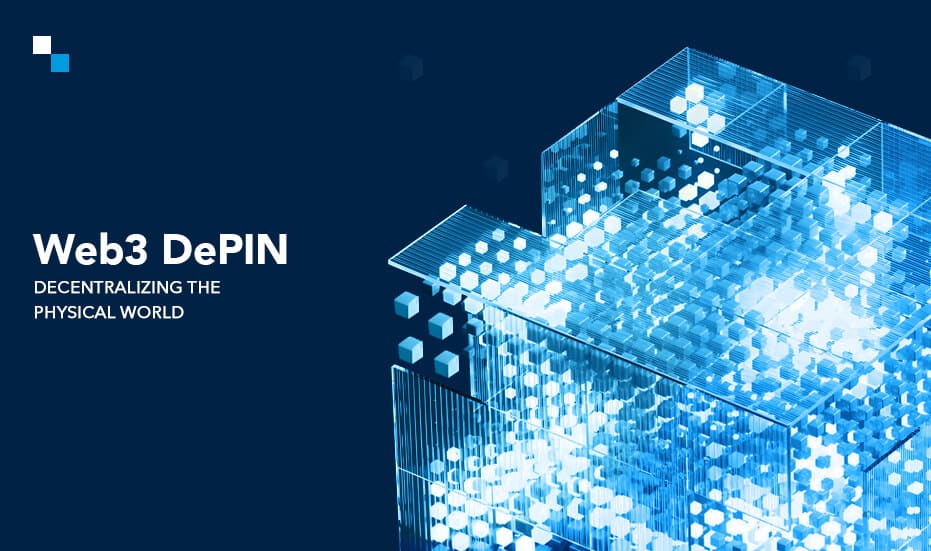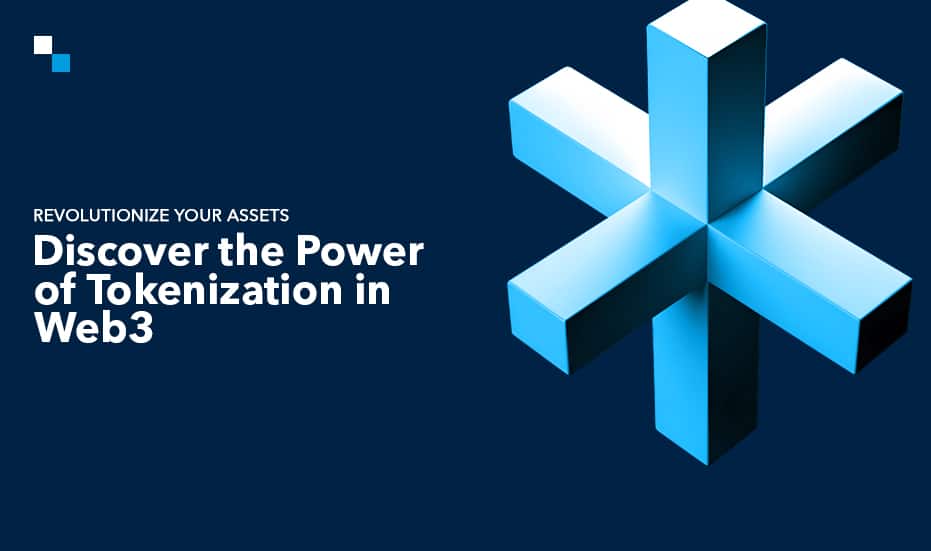
How to Create a Simulation Game in Just 14 Days
October 16, 2024
Vow Hack Underscores the Critical Need for Smart Contract Audit Services
October 16, 2024Web3 Gaming is transforming the way players interact with digital environments, integrating blockchain, decentralized finance (DeFi), and community participation into an immersive gaming experience. This is in stark contrast to more traditional models of gaming that tend to have the developers create the whole ecosystem and the players as consumers of such content. Assets in games can be owned, and traded, and, under the auspices of decentralized governance models, can even be used in the development of a game. This is not only a challenging avenue against the status quo but also opens new ways to innovate, create, and earn money.
As the gaming industry continues to grow, so is the need to address some of the fundamental issues that truly hinder full exploitation of the potential in Web3 gaming. Decentralized Physical Infrastructure Networks, or DePINs, are just one such solution.
In this blog, we’ll take a deeper look into the role of DePIN in Web3 gaming space and how to get started!
Role of DePIN in Web3 Gaming
Whereas the traditional centralized power structures work in favor of the old gaming platforms, Web3 Gaming seeks to create a decentralized model. However, such a transition is loaded with its own set of issues, primarily relating to infrastructure. In most games on Web3, a central server can be inconvenient and lead to issues of latency, security, and censorship, thereby downplaying this philosophy of decentralization. Here’s where DePIN in Web3 gaming fills in the gaps.
DePIN is also a model in which the physical infrastructure that has to be available for the running of dApps—servers, nodes, and networks—is not owned by a single actor but distributed over a network of participants. This fully democratized approach to infrastructure supports the robustness and reliability of Web3 games. The need for DePIN in Web3 game development is listed below:
- Decentralization: Infrastructure being spread across nodes makes players and developers less susceptible to attack and service disruption due to a single point of failure.
- Incentivized Contribution: DePIN helps contribute effort to the infrastructure by rewarding community members in return, building a more thriving and active community.
- Scalability: Games can scale better because they use a decentralized network of nodes, allowing for larger communities without performance loss.
- Security enhancement: Being decentralized, the possibility of data breaches and hacking is low for DePIN and hence creates more confidence among users, enabling more adoption of Web3 game development services.

Why Choose DePIN for Web3 Gaming?
Web3 Gaming, with the infusion of DePIN, brings several much-needed advantages that can enhance the all-around experience of playing games and game development procedures. Some of the most important advantages include the following:
1. Player Empowerment
DePIN presents the user with a chance to act as a player in the game rather than being a consumer. There exists participation in governance, contribution to validating transactions, and even a claim to some rewards through the contribution of resources to the network. It creates more emotional engagement through its resulting ownership.
2. Economic Opportunities
DePIN in Web3 gaming saves infrastructure for developers while permitting more sustainable game models. In ways that traditional models of gaming cannot, it allows decentralized marketplaces to monetize the game assets of a player by enabling actual ownership of digital assets.
3. More Engaging Gameplay Experience
More access and low latency allow players to experience more smooth gaming. The most important point, however, is games that need or enable real-time interaction and rapid responses. MMOs are those that depend on low latency for their features to be fully enhanced.
4. More Innovations
DePIN encourages a culture of innovation during Web3 game development. Developers can innovate game mechanics by making use of the decentralized infrastructure that allows new genres to emerge and new gameplay experiences.
5. Community Development
Web3 gaming developers can then create games that better reflect player wishes and choices by tapping into community feedback and participation. This can help facilitate improved satisfaction and retention from players.
Steps to Leverage DePIN in Web3 Gaming
- Understanding of the Ecosystem: Familiarize yourself with how Web3, blockchain, and decentralized networks work. Understanding how the different components interrelate will be tantamount to successful game development.
- Selection of platforms: There are several decentralized networks and protocols available: Ethereum, Polygon, Immutable X, and many more that support DePIN. Try researching and choosing a fitting one that would meet your game’s vision and its technical requirements.
- Engagement with DePIN Community: Join forums and communities around Web3 game development that promote the discussion about DePIN. Speaking with fellow-minded comrades can come out with excellent information at times, or a brilliant idea.
- Company with Web3 Game Development: Partner with companies that have services to develop a game based on Web3. They would provide professionals who can help integrate DePIN solutions into the games, so the decentralized framework is fully utilized by the game.
- Development and Testing: Now that the conceptual and content phases are done, it is time to really begin building your game but also integrating the DePIN elements into your design. It will be tested under controlled environments to find bugs before its full release.
- Launching and Collecting Feedback: After your game is live, be proactive in getting player feedback to continue making improvements to the game. All these should be done by utilizing the decentralized community approach so that people would be interested in your Web3 game development services.
Accelerate Your Web3 Gaming Journey with Antier
As Web3 gaming continues to redefine how we relate to digital worlds, the role of DePIN in Web3 gaming becomes that much more necessary for actualizing that potential. While DePIN does decentralize physical infrastructure, it comes as a tool to improve security and scalability benefits, promoting both players’ and developers’ empowerment. Such a change means richer and more engaging experiences in games fitting into a fully decentralized future.
It is an opportunity, but it is an imperative that needs to be embraced by developers and enthusiasts to make a dent in this ambitious space. Start today, and position yourself at the vanguard of what the next generation of gaming will look like. Whether you are searching for the growth of Web3 games or full-service Web3 game development services, now is the time to discover it all at DePIN. Connect with our subject matter experts now.



